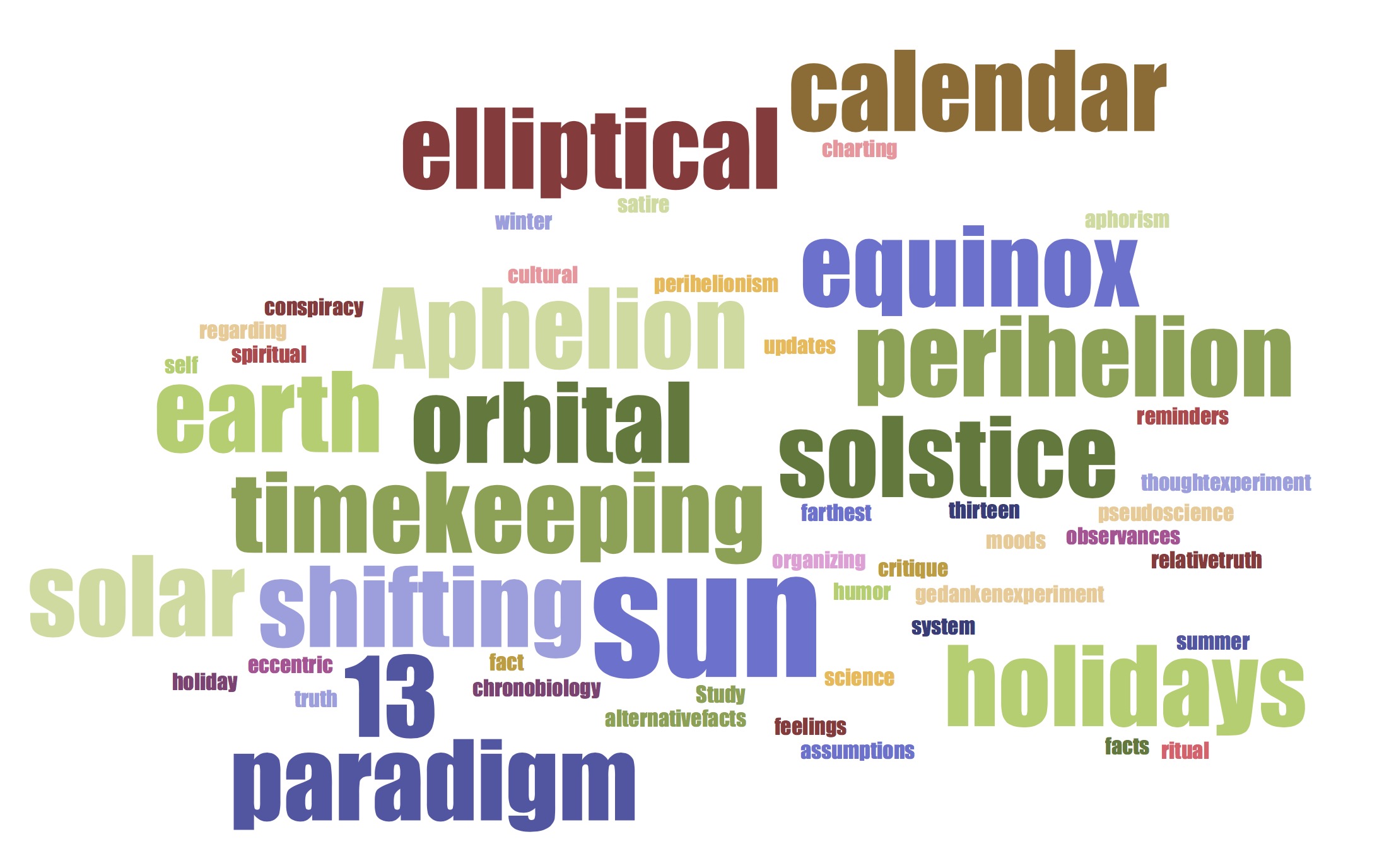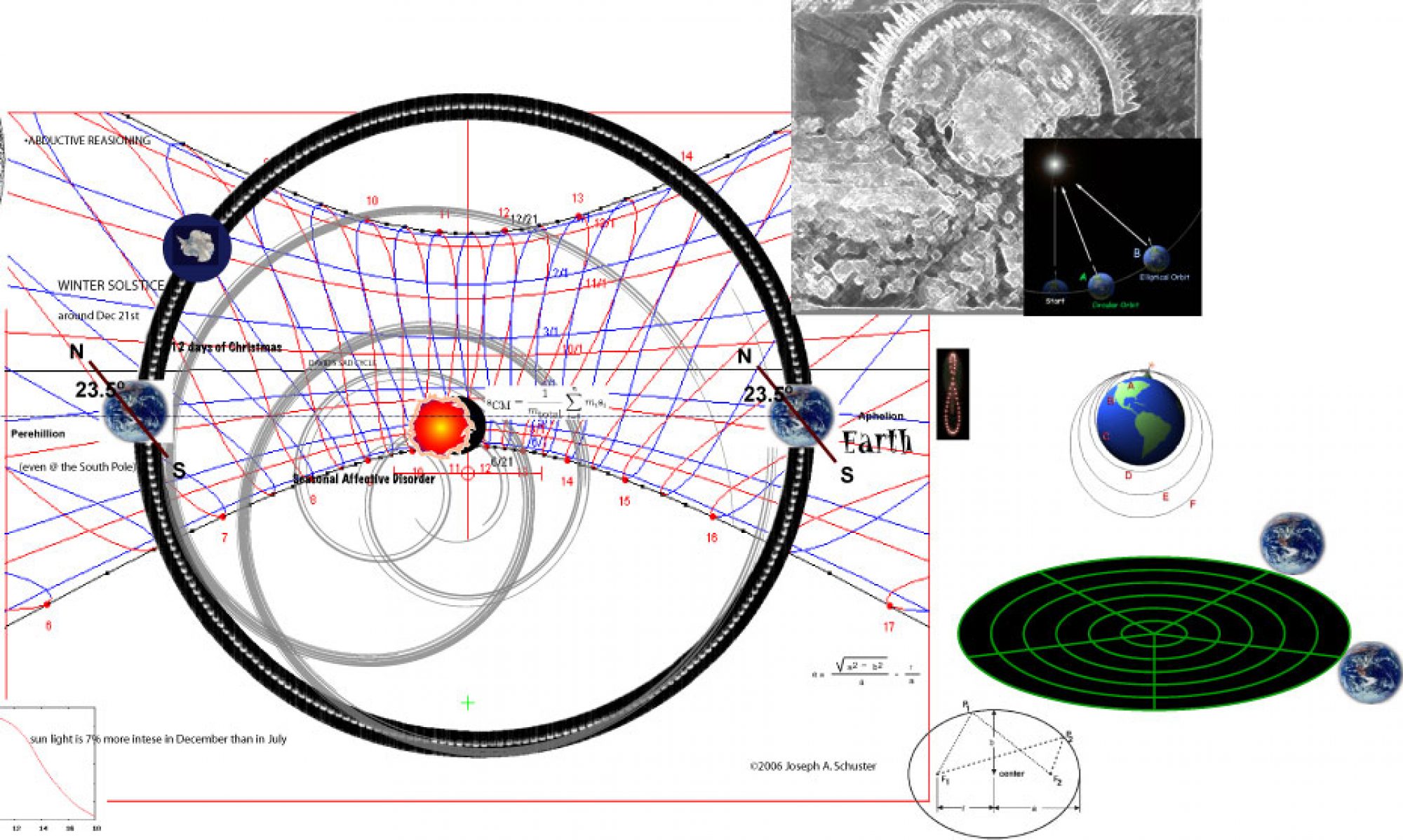
We are all familiar with the idea of holiday stress. That feeling that time is going by faster and faster from Autumn until New Years. Sometimes it is a feeling of losing control, insomnia or the surreal feeling of losing your mind. Usually this is attributed to the pressures of buying gifts, seeing family, travel obligatory festivities, etc.
Holidays were intended to be joyous celebrations bringing together people in the dark winter months to celebrate. Pagan Winter Solstice, or its scientific counterpart and celebrations of thanks and miracles, Christmas, Hanukkah, Diwali, and finally New Year have been winter holidays for hundreds or even thousands of years. Two thousand years ago the Roman’s celebrated Saturnalia and later Sol Inviticus a day celebrating the re-birth of the undying sun on this same day. Later, early Christians appropriated this holiday to represent the birth of a sinless baby savior.
Feasting, celebrating, eating, drinking. In with the new out with the old. These are all ritualized reactions to the stresses of the holiday season.
Would you be surprised if I told you that holidays are not random, but rather a ceremonial means of understanding the collective mass sense of time and its effects?
What if this is not an arbitrary subjective feeling
What if this is an indication of a real psycho-physical phenomena that has a cause and effect. What if this is the very root of our holiday schedule. What if the drive to understand the human place in time as the motivation for our modern calendar has at its core an identifiable process that we feel but have never before defined as such.
There is just such a phenomena. It is simple to understand. It is rational, scientific, spiritual, and mystical all at the same time. It is alchemical in a sense but simply rational in another. But because you have never thought of it in the right way before you have never understood the real significance of the holidays. The power of perihelion.

This is beyond New Age, or pseudo-science. A new sort of scientific speculation. It may shift your subjective perceptions of time, space and your personal connection to life on planet earth. It is a thought exercise in paradigm shifting.

It all starts with a simple question:
What day is the earth closest to the sun?